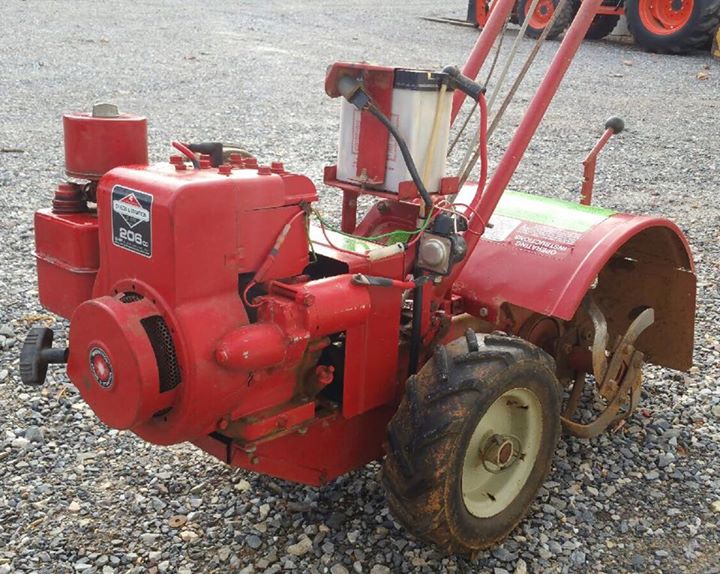Whether you’re an average person who has a garden, a Maui roofing contractor who does yard work as a side gig, or a professional with a lawn care business, a garden rototiller will be a costly investment to make. The amount of money you spend on one will definitely be worth it, as a rototiller will make the job of tilling a garden much easier.
Before putting money down on a rototiller, take a look at the following things to consider.
Type
Rototillers come in two main types: electric and gas. Electric rototillers use electricity for power, while gas rototillers use oil and gas. The more environmentally friendly options are electric rototillers. In comparison to gas rototillers, they also weigh less and make less noise. Electric tillers don’t need as much maintenance as gas tillers. The difference in performance between the two tillers is astounding (more information in the next section).
Performance
When it comes to power, gas tiller have more, and thus perform better. Gas tillers are the best option if you need to till hard or rocky land. An electric tiller should be enough if you’re working with a garden that is pretty small, or one that has already been tilled in the past. For large areas of land that are being tilled for the first time or land that is hard and rocky, you should go with a large gas tiller that will have enough power to deal with the land. If you’re looking to keep costs down, you should try renting a large tiller, especially if you only need to a tilling once or twice on the property every year.
Mobility
Gas tillers are a lot more mobile than electric tillers that use a cord because the electric tiller has to be tethered to a power outlet for it to work, limiting the area of land where it can operate. You should avoid using an electric tiller if you desire more mobility, or if you’re worried about cutting the power cord while using the tiller. It’s also possible to damage plants when the cord from an electric tiller is dragged across plants.

Cost
Before you begin looking for a tiller, you should always create a budget, since there are multiple price ranges for tillers on the market. Research is key when finding a good tiller. Just because a tiller is inexpensive, that doesn’t mean that it will be bad, and just because it’s expensive, that doesn’t mean that the tiller will be a high quality tiller.
Weeding
The weeding capacities of tillers can differ in each one. A rototiller that works well with land may not be that great at weeding without causing any harm to plants. It’s best to consider how well a tiller is at weeding if you’re going to use it as a garden weeder.
Add-Ons
Tillers can sometimes have additional functions when add-ons are attached to them. These add-ons enable the tiller to become a trimmer, edger, dethatcher, aerator, and more. These add-ons are a great option because they allow you to get the most from your tiller.
Warranty
A warranty that may cover service, parts, and more will often come with a tiller, but it’s best to confirm if it does and what it can do before buying one. See if the dealer can offer repair services, and check for local service centers if they don’t offer them.
Hopefully you have an idea of what tiller will be right for your garden after seeing these tips. Think carefully about what kind of tiller you need and you and your garden will be fine.